Does your menstrual cycle affect your sex drive?
2 years ago
Cycle syncing2 years ago
Cycle syncing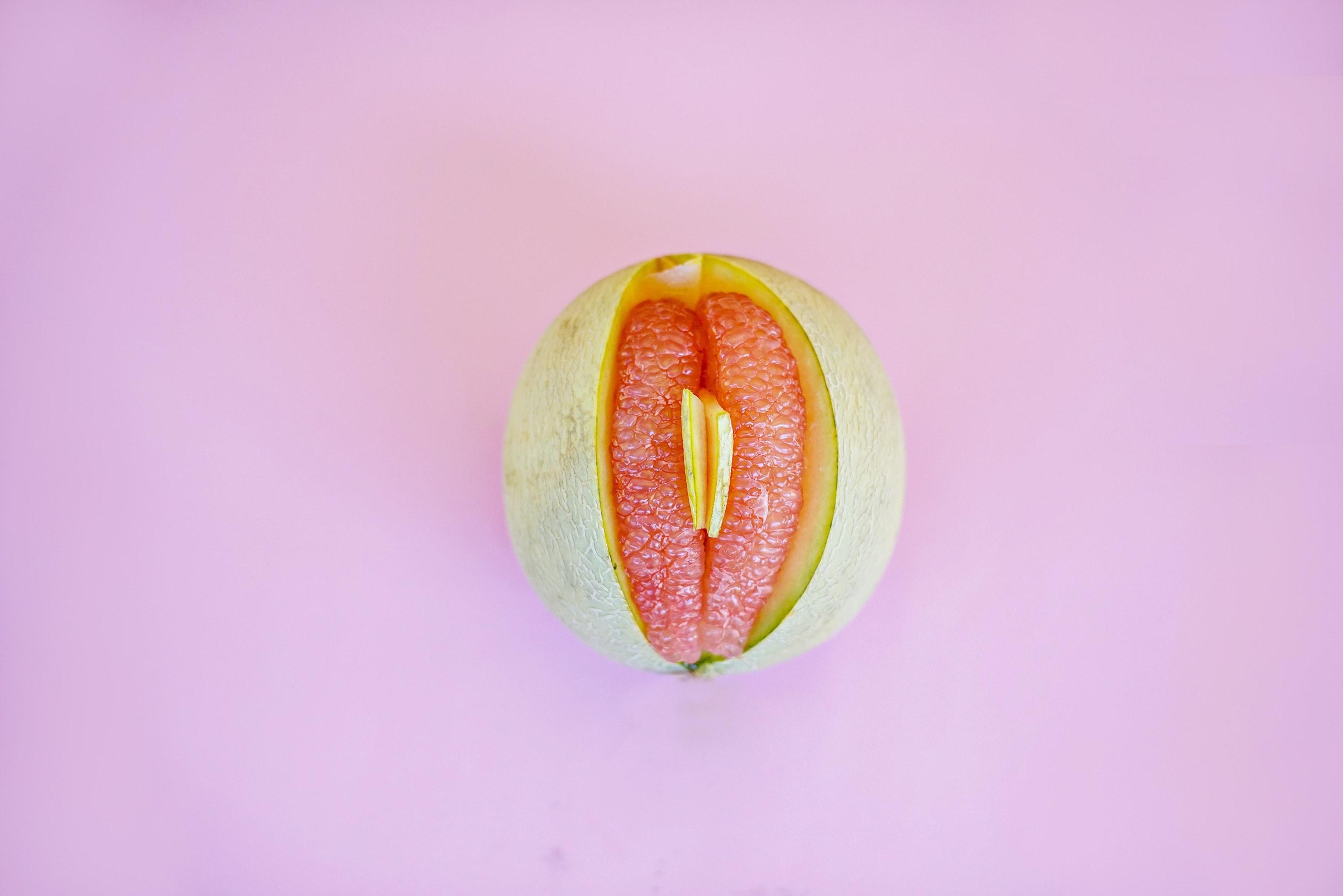
Photo credit: Dainis Graveris on SexualAlpha
Your hormones play a major role in how frisky you feel across your menstrual cycle, but they’re not the only thing driving your desire, as we discover…
When it comes to our sex drives, it’s no surprise that ‘it’s complicated’, with social factors, sleep, stress and hormone levels all having an impact. But there are certain points in our menstrual cycles where we’re statistically more likely to be up for it. Here’s a round-up of when and why…
According to US psychologist Professor James Roney , who studied the effects of hormones, sex drive and the menstrual cycle with his team at the University of California, there are definite trends in sex drive, dictated by two key hormones – oestrogen and progesterone.
In the study , as well as tracking participants’ menstrual cycles, James and his team collected saliva samples to understand hormone levels and gave women a daily questionnaire on sexual interaction, desire and activity. They then looked at each woman’s levels of the two main menstrual cycle hormones, oestrogen and progesterone.
In a nutshell, it turns out that estradiol, which is a type of oestrogen, seemed to positively correlate with sexual appetite, while progesterone seemed to powerfully suppress sexual desire. Both of those hormones fluctuate over the course of a menstrual cycle (see graph below).
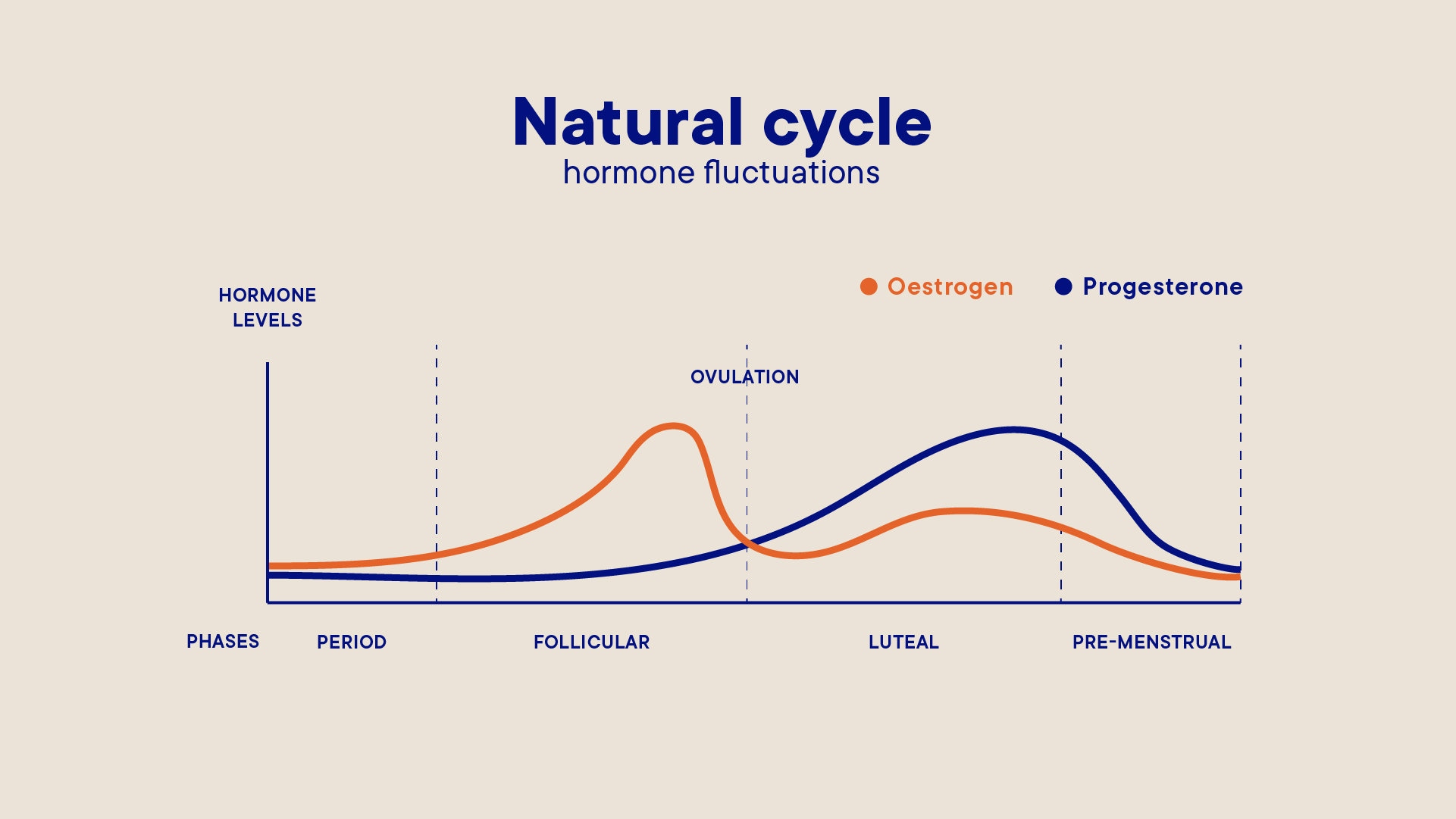
According to Professor James and numerous other studies , we usually feel our highest levels of sexual desire right at the end of our Follicular Phase, in the five days leading up to ovulation – so slap bang in the middle of our cycles.
“This makes evolutionary sense because it’s also the time you’re most fertile, so most likely to conceive,” says Professor James. It’s also the point in your cycle when oestrogen – the sex-driving hormone we mentioned above – is rising, up to a peak at ovulation. See orange line on the graph.
If you’re wondering how much oestrogen is running through your system, according to studies it can rise by more than 800% up to ovulation, so it’s no wonder you feel the impact.
But oestrogen shouldn’t necessarily take all the credit for that additional va va voom. “It’s not just oestrogen making its presence felt at this point in your cycle,” says James. “The hormone oxytocin is also peaking mid-cycle, so one theory is that oestrogen and oxytocin work together to trigger desire.”
Oxytocin (sometimes referred to as the ‘love hormone’ or ‘cuddle chemical’) acts as a chemical messenger and has an important role in many human behaviours including sexual arousal, trust and romantic attachment.
“Finally, there’s luteinising hormone, which is the hormone that triggers ovulation. This is also surging at the same time, so the rise in libido could be of a combination of all three hormones,” explains James. “Unfortunately, we don’t yet know for sure and more studies are needed.”
Because progesterone (aka the passion killer) levels are high during your Luteal phase, it stands to reason that sex drive is down at this time, too
“When it comes to desire, we have seen that when progesterone is high after ovulation, there’s a clear drop in desire,” says James. “In fact, looking at the menstrual cycle as a whole, progesterone has the strongest hormonal effect of all on libido, showing a powerful curbing effect and really driving down desire after ovulation.”
If we look at the blue line on the hormone graph above, because progesterone (aka the passion killer) levels are high during your Luteal phase, it stands to reason that sex drive may decrease at this time, too.
It’s not just your Follicular and Luteal Phases where patterns in sex drive can be seen. It probably comes as no surprise that for many women, PMS symptoms like anxiety, fatigue, low mood and poor self image, make the Pre-menstrual Phase a turn-off on the sexual desire front.
“However, for a group of women who don’t get PMS symptoms, some studies have found an increase in sexual desire right before menstruation starts,” says James. “At this point in the cycle, your progesterone levels are really low, so it’s thought that this rise in libido is because progesterone is no longer able to curb desire. However, this is still a hypothesis at this point, and further studies are needed.”
When it comes to sex on your period, the science isn’t exactly definitive, so we put it out to the Jennis team and community, where it seems we fall into two distinct camps. Some women feel hornier on their periods, while others find it a total turn off.
For those who do feel up for it, there are a range of reasons, including the pain relief an endorphin-packed orgasm can bring, the extra lubrication and the fact the chances of pregnancy are slightly lower. Looking at the hormone science, the fact progesterone (the passion killer) is low and oestrogen (the sex driver) is starting to rise again could also have something to do with it.
On the other side of the fence are the women who say period sex is a total no-no. For them, the reasons for a desire drop include pain, cramping, fatigue and the practicalities of messy blood-flow on the sheets.
When a woman is in a new relationship, she has much higher levels of sexual desire, no matter what stage of her menstrual cycle she's in
Whether or not you’re in the mood for sex is, of course, a bit more complicated than which phase of your menstrual cycle you’re in, and scientists have identified a whole host of other factors that come into play, including the length of your relationship, how happy you are with your partner, whether you’re planning a baby and how stressed you’re feeling.
“It’s probably no surprise,” says James, “but your libido doesn’t just respond biologically to your hormones. It’s driven by social influences like going on a night out with friends and meeting someone new – and I think these social influences might have an even stronger effect on libido than hormones."
Ever wondered why sex is on the brain more when you're with someone new? “In humans, having sex outside the fertile window is usually about maintaining a relationship or starting a new relationship,” says James. “When a woman is in a new relationship, she has much higher levels of sexual desire, no matter what stage of her menstrual cycle she's in.”
It’s also been reported that we’re more likely to have sex at weekends than on weekdays – whatever your time of the month. The average probability of a female having sex was 22% on weekend days versus 9% on other days.
Then, of course, there’s our stress levels. “A lot of women are working their asses off,” says Nan Wise , sex therapist and research scientist, when talking to the BBC. “A loss of spontaneous sexual desire is not pathological – it just reflects many women feeling overloaded.”
Finally, when it comes to when you’re most likely to initiate sex, the authors of a 2015 review observed that females tended to initiate sex more and showed greater interest in sex just before ovulation, so yet again at the end of the Follicular Phase when progesterone is low and oestrogen is high.
We’re on a mission to empower women with knowledge about our bodies so that we can all be ambassadors of our own health. If you have any questions about your hormones, health and training, email us at: support@jennisfitness.com
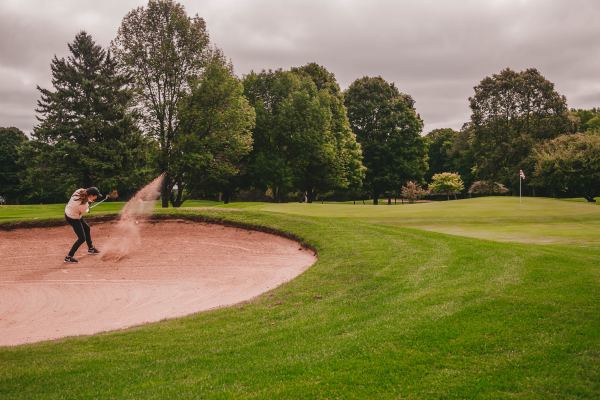 Cycle syncing
Cycle syncing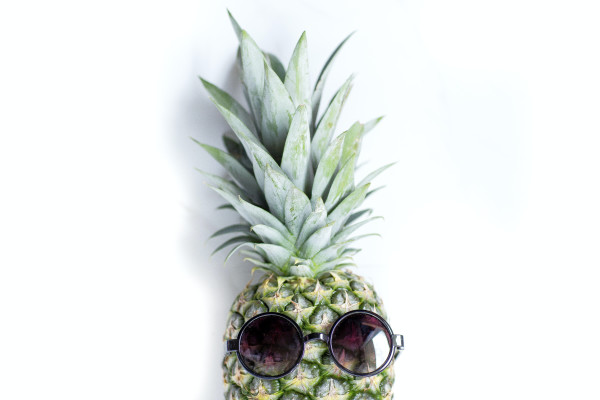 Perimenopause
Perimenopause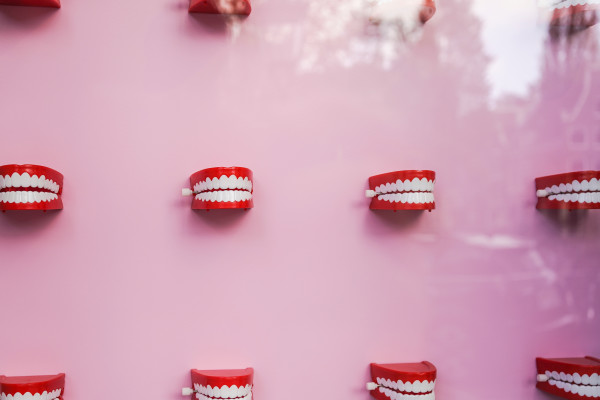 Perimenopause
Perimenopause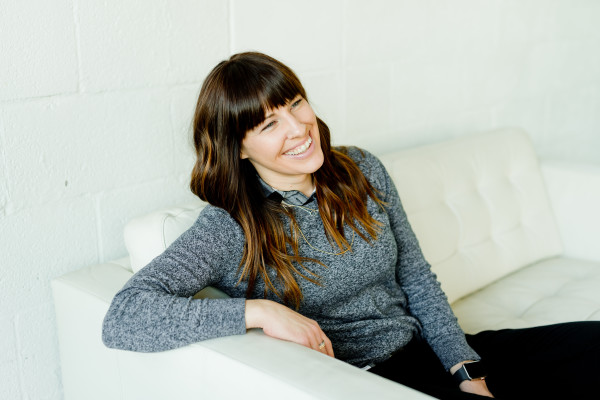 Perimenopause
PerimenopauseSign up to learn everything you need to know about CycleMapping, plus how you can live better and feel better through optimising your fitness to you.
This website uses cookies to ensure you get the best experience on our website. Learn more
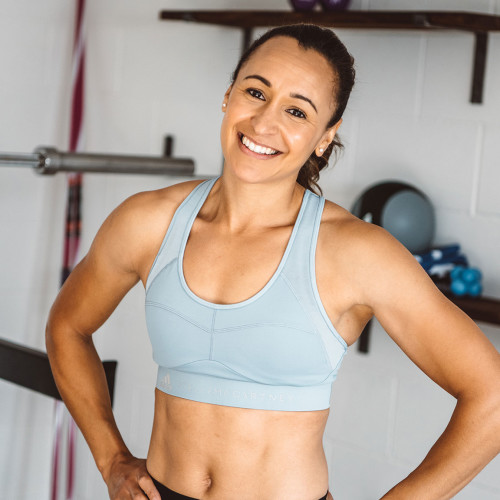
Sign up for the very latest news on women's fitness, health and hormones, plus be the first to receive exclusive offers and extras